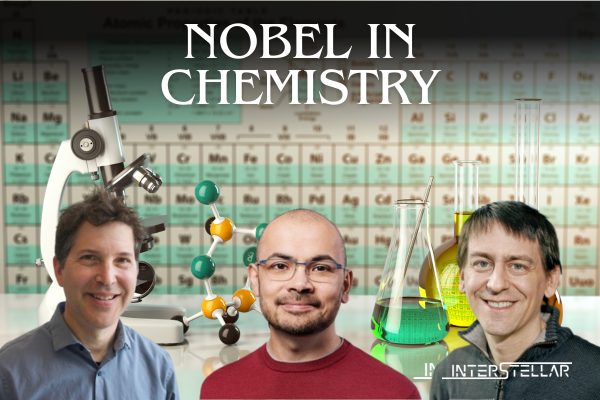Nobel Prize in Chemistry Awarded for Advances in Protein Design and Prediction
U.S. scientists David Baker and John Jumper, along with Briton Demis Hassabis, have won the 2024 Nobel Prize in Chemistry for their pioneering work in decoding and designing proteins. Their research has led to significant advancements in drug development and various other scientific fields.
Decoding the Building Blocks of Life
The Royal Swedish Academy of Sciences awarded half of the prize to David Baker for his contributions to “computational protein design,” while the other half was shared by Demis Hassabis and John Jumper for “protein structure prediction.” Their work has enabled scientists to better understand how proteins function and to design new proteins with entirely novel shapes and properties.
David Baker, 62, is a professor at the University of Washington, Seattle. Demis Hassabis, 48, is the CEO of Google DeepMind, where Jumper, 39, works as a senior research scientist. Together, they have made breakthroughs in using artificial intelligence to predict the structures of almost all known proteins, providing a critical tool for the scientific community.
AI-Powered Protein Predictions
In 2020, Hassabis and Jumper introduced the world to AlphaFold2, an AI model that can predict the structure of virtually all 200 million known proteins. This development has opened the door to better understanding antibiotic resistance and has even contributed to creating enzymes that can break down plastic.
“This award highlights the growing role of artificial intelligence in scientific research,” Hassabis stated, noting that while AI has incredible potential for good, it must be used responsibly. His team’s work has provided researchers with a tool that accelerates understanding of complex biological systems and facilitates the development of new treatments and materials.
Creating New Proteins to Solve Global Challenges
David Baker’s research, on the other hand, focuses on designing entirely new proteins from scratch. By manipulating amino acids—the building blocks of life—his work has enabled the creation of proteins that do not exist in nature but have the potential to address global challenges such as climate change and emerging diseases.
“If we wait long enough, new proteins might naturally evolve to solve these problems,” Baker explained. “But with protein design, we can create them now and tackle these issues head-on.” His contributions have led to the rapid development of proteins for use in pharmaceuticals, vaccines, and nanomaterials.
Recognition for Groundbreaking Research
Baker, Hassabis, and Jumper’s research has transformed the field of chemistry and biology, with potential applications in health, environmental science, and industry. Their work has paved the way for developing new drugs, understanding complex biological phenomena, and creating sustainable solutions for the planet.
The Nobel Prize in Chemistry is considered one of the most prestigious scientific awards globally. Alongside the $1.1 million cash prize, the winners will receive a medal presented by the Swedish King on December 10, followed by a lavish banquet in Stockholm’s city hall.
This year’s prize is part of a long-standing tradition established by Alfred Nobel in his will. It recognises exceptional contributions to medicine, physics, chemistry, literature, and peace, with the economics prize being a later addition funded by the Swedish central bank.





